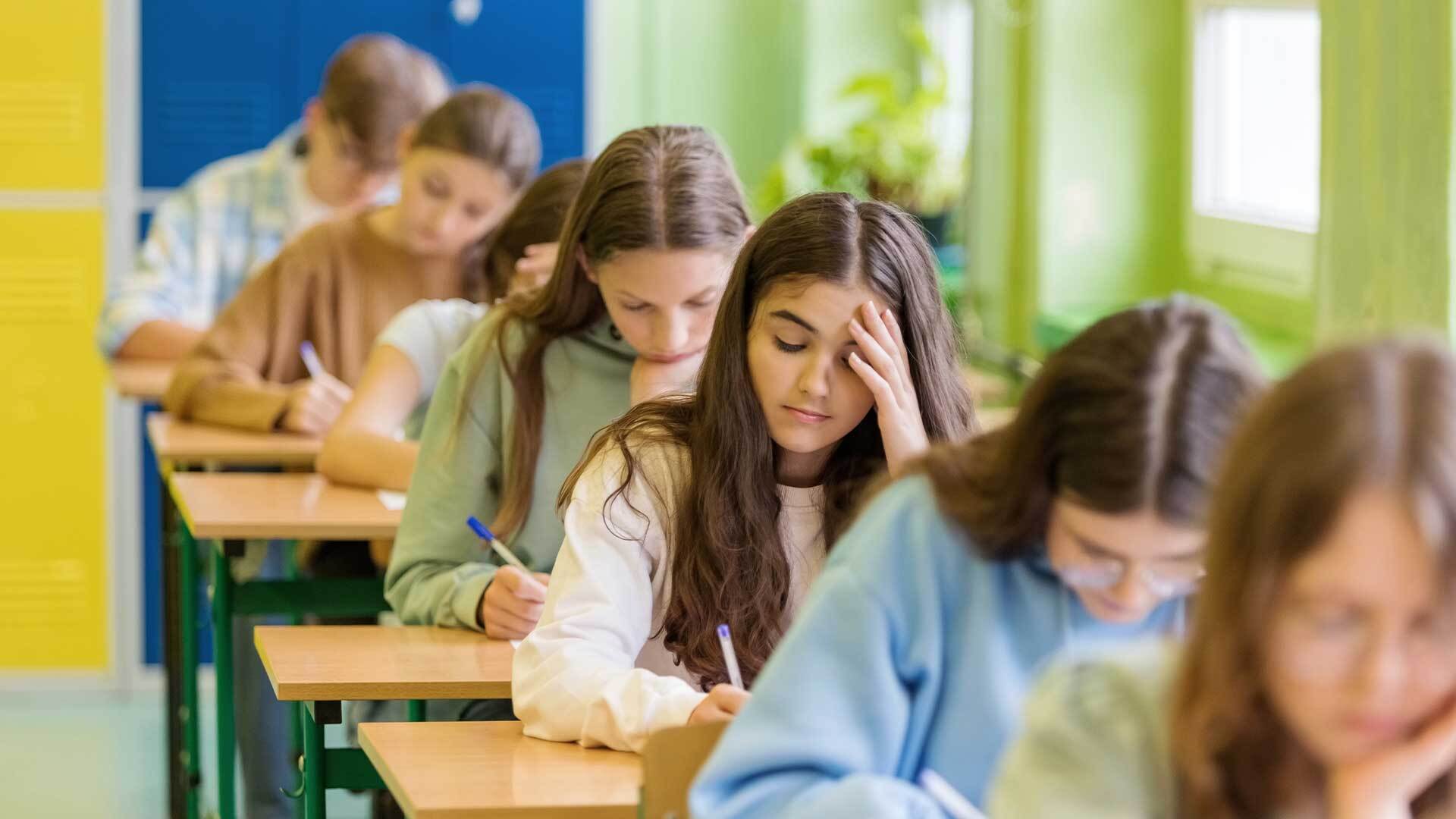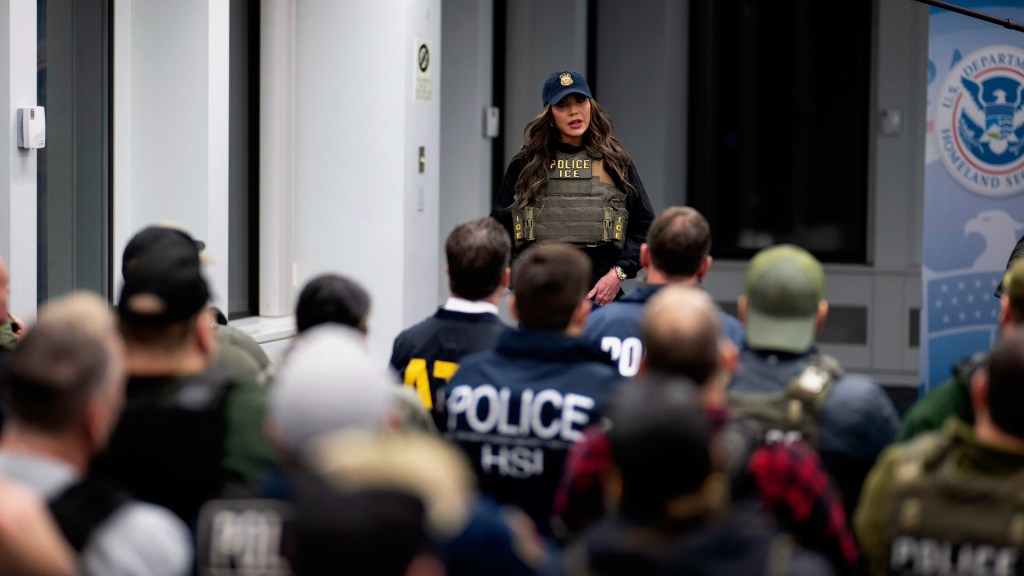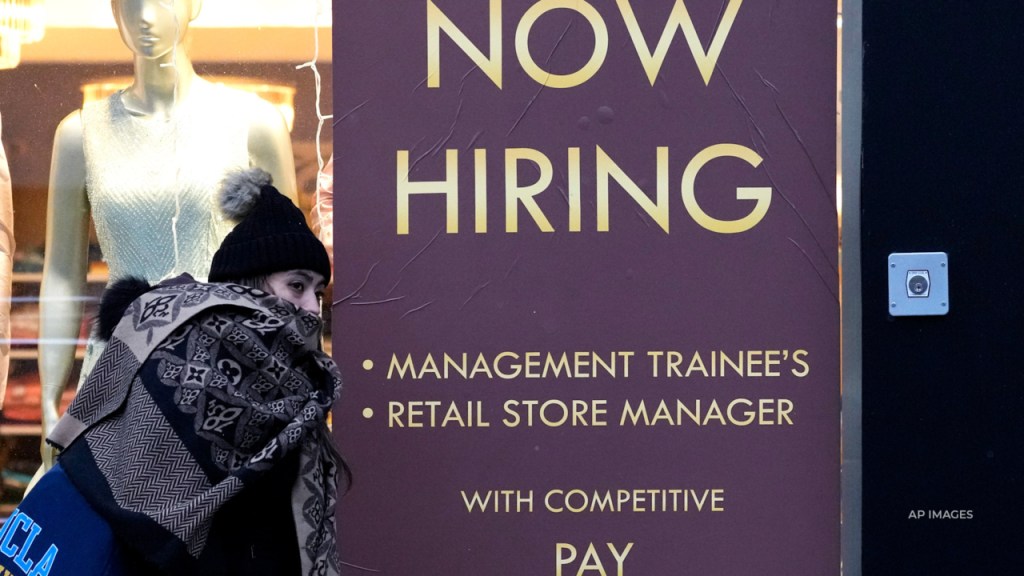
Lauren Taylor
AS AI BECOMES MORE COMMON IN EDUCATION, A NEW STUDY ASKS: DOES IT REALLY HELP STUDENTS LEARN?
A RECENT EXPERIMENT WITH HIGH SCHOOL STUDENTS SUGGESTS THE ANSWER MAY NOT BE SIMPLE.
RESEARCHERS AT THE UNIVERSITY OF PENNSYLVANIA, TESTED TURKISH HIGH SCHOOL STUDENTS USING CHATGPT FOR MATH PRACTICE PROBLEMS.
STUDENTS WHO HAD ACCESS TO CHAT GPT DURING PRACTICE SOLVED 48-PERCENT MORE MATH PROBLEMS CORRECTLY, BUT SCORED 17-PERCENT LOWER ON THE TEST COMPARED TO THOSE WITHOUT IT.
A THIRD GROUP USED A MODIFIED CHATGPT ACTING AS A TUTOR, OFFERING HINTS INSTEAD OF DIRECT ANSWERS. THEY DID MUCH BETTER ON PRACTICE PROBLEMS, SOLVING 127-PERCENT MORE, BUT DIDN’T PERFORM ANY BETTER ON THE TEST.
THE STUDY SUGGESTS STUDENTS RELY TOO MUCH ON AI AS A CRUTCH, ASKING FOR ANSWERS INSTEAD OF SOLVING PROBLEMS THEMSELVES.
CHATGPT’S INACCURACIES DIDN’T HELP EITHER, AS IT WAS WRONG ABOUT 42-PERCENT OF THE TIME IN ITS PROBLEM-SOLVING APPROACH.
DESPITE THIS, STUDENTS BELIEVE CHATGPT HADN’T HURT THEIR LEARNING. THE RESEARCHERS COMPARED THIS TO PILOTS OVERLY RELYING ON AUTOPILOT, WARNING THAT TOO MUCH DEPENDENCE ON AI COULD UNDERMINE LEARNING.
I’M LAUREN TAYLOR…FOR MORE OF OUR STORIES — DOWNLOAD THE STRAIGHT ARROW NEWS APP AND VISIT SAN-DOT-COM.











